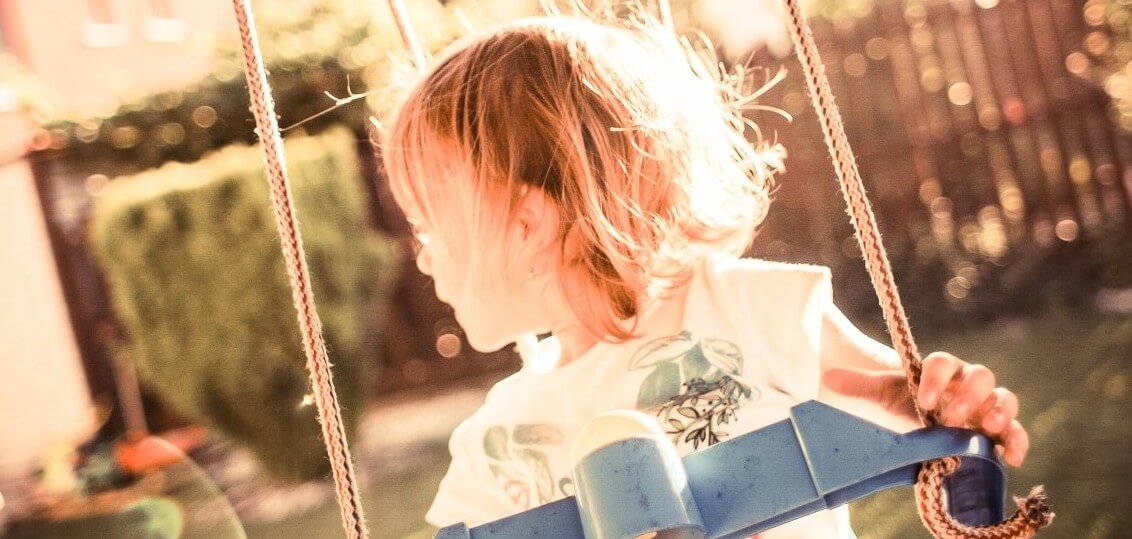According to the latest report published by the Centers for Disease Control and Prevention, one in 68 U.S. children has an autism spectrum disorder (ASD), a 30 percent increase from just two years ago, but it is not clear why. There are many resources offering valuable information on autism available on the internet and MyMathDone.com also wants to help those struggling with this disease to overcome their challenges.

Autism is a complex neurobehavioral disorder that happens to children. It can be characterized by difficulty in communicating and forming relationships with other people and using language and abstract concepts. Autism is a serious developmental disorder. It can be hard to diagnose because the symptoms are different for every child. The degree of impairment ranges from mild to severe. Many autistic children exhibit aggression as symptoms of their condition. The aggression often manifests as biting, scratching, kicking, hitting, or throwing objects to people. Over the last decade, there has been a dramatic increase in children being diagnosed with cases of autism in the U.S. and around the world. Up to now, autism is a difficult topic to discuss in terms of parenthood. What should you really do when your child is diagnosed with having autism spectrum? How should you cope and how should you assist your child with the care he or she needs? Here are some guidelines for you: First, you must learn about autism.
To be able to understand your child, you have to know everything, from the symptoms of autism to the cause of autism. Usually, kids with autism have social withdrawal. The verbal and non-verbal communication can be both problems. There are also rigid and repetitive behaviors common among young children. Autism usually appears before your child reaches three 3 years old, while some signs of autism may evidently appear as early as 10 to 12 months, and certainly by 18 months. In your child, you will notice difficulty maintaining eye contact. There are also unnecessary activities such as arm flapping, head banging or twirling and throwing an object over and over to people. Aside from these, there is also difficulty with change and transitions. The child may have a narrow range of interests and activities. According to experts, the cause of autism is still unexplainable. In the past, they blamed parenting practices, but today, most scientists believe that the cause of autism is the combination of genetic and environmental factors. In some research, it confirms that multiple genetic abnormalities can predisposition someone to autism. There are metabolic or biochemical factors that can cause autism while some research shows that exposure to certain viruses can cause autism. The second step in coping up with autism is to know and be expert with your child.
You have to figure out what triggers your kid’s bad and disruptive behavior. Analyze what can elicit the positive response. For example, what can make your child stressful, calming, uncomfortable, irritating, happy or sad. If you understand your child, you can see what can affect him or her and then, later on, troubleshoot the problem. Look for the non-verbal cues that the child is giving. Be observant and aware so you can understand how the child communicates. You can pay attention to the sound the make, their facial expressions and gestures whenever they feel tired, hungry, or happy. It would be easier too if you can figure out the need behind the tantrum. Try to focus on knowing the child’s strengths, weaknesses, skills and how they can communicate with you. Another is to be familiar with your child’s right. You can learn IEP (Individualized Education Program), LRE (Least Restrictive Environment), EI (Early Intervention), IDEA (Individuals with Disabilities Education Act) and FAPE(Free Appropriate Public Education). These will help you and your child. It is very important that you know all these so you can assist your child regarding their rights. Also, build the child’s surrounding. Be mindful about having a safe home zone. It is important for the child to have a safe home and extreme guidance in whatever he or she does. Lastly, don’t give up and seek help.
The treatment of autism is very precise – however, there is no cure for autism. There are only alternative therapies that may include vitamin treatments, changes diet and a procedure called “chelation” that remove heavy metals from the blood. Also, parents can dwell to intervention using skills-training and behavior modification. You can also use applied behavioral analysis or ABA. Some doctors prescribe medications to children with autism if they have other symptoms including depression, anxiety, seizures, or hyperactivity. You can also depend on the antipsychotic medications (like risperidone or risperdal), selective serotonin reuptake inhibitors (SSRIs) and mood stabilizers.
Always seek the doctor’s advice. Furthermore, you can join autism support groups. This will help you meet more parents that are experiencing what you’re experiencing. Learn and help each other. You can also go to an individual, marital or family counseling. This will assist you and help you cope with the stress of being a parent to a child with autism. There are also special education services that may interest you. Also, you can create a personalized autism treatment plan so you can detail all the things you need to do and be heedful to your child’s need. Coping up with a child that has autism can be really challenging. It may rattle your head hardly as time passes by. It requires a lot of energy and time. But don’t worry because eventually, you’ll figure it out what to do and how to cope up with it. Remember, parenting is never easy – especially when your child is diagnosed with autism. Just know your role and ask help if you don’t know anything. Don’t try to do everything on your own. There are many places and support groups, you can always ask for their advice. You can do it!